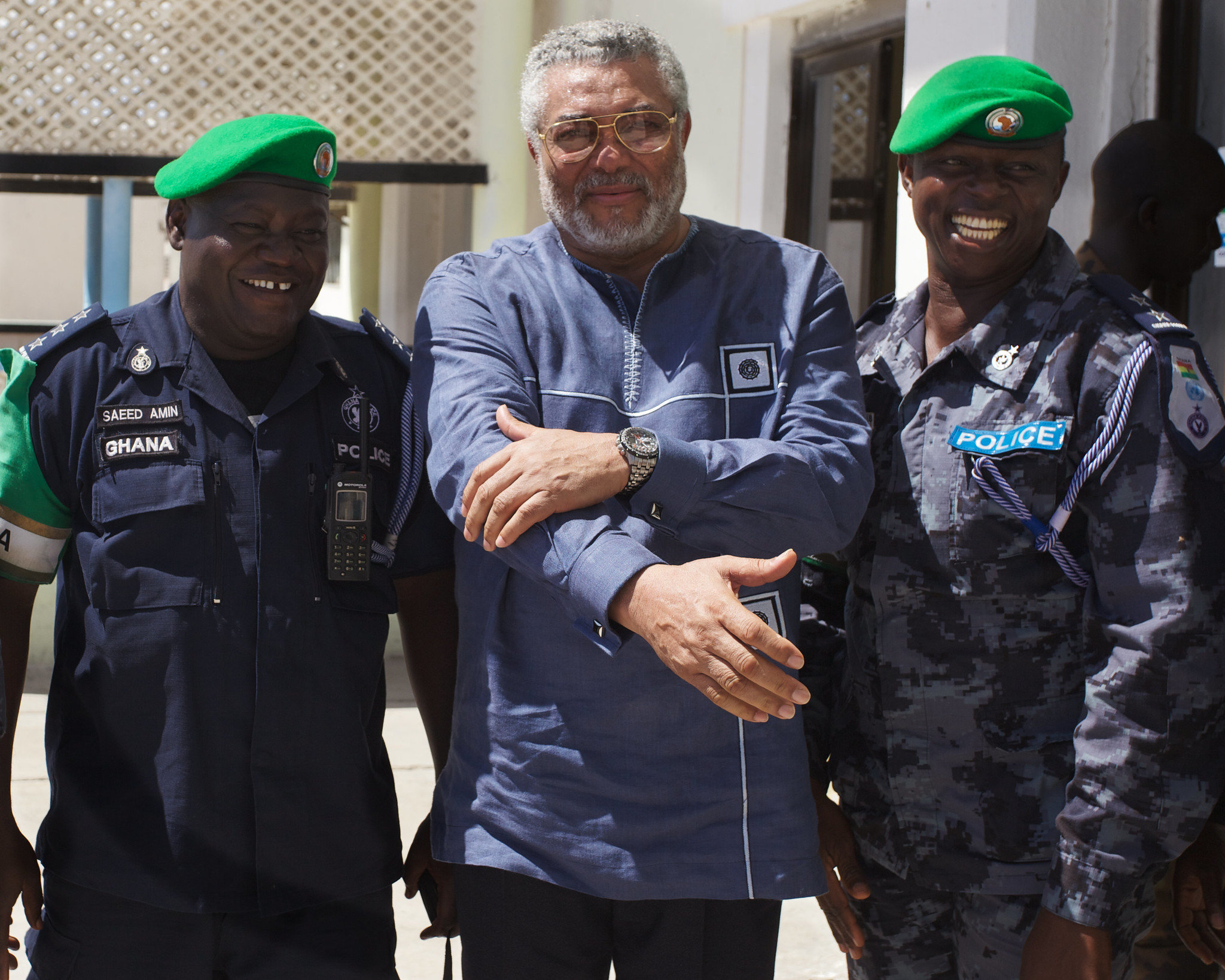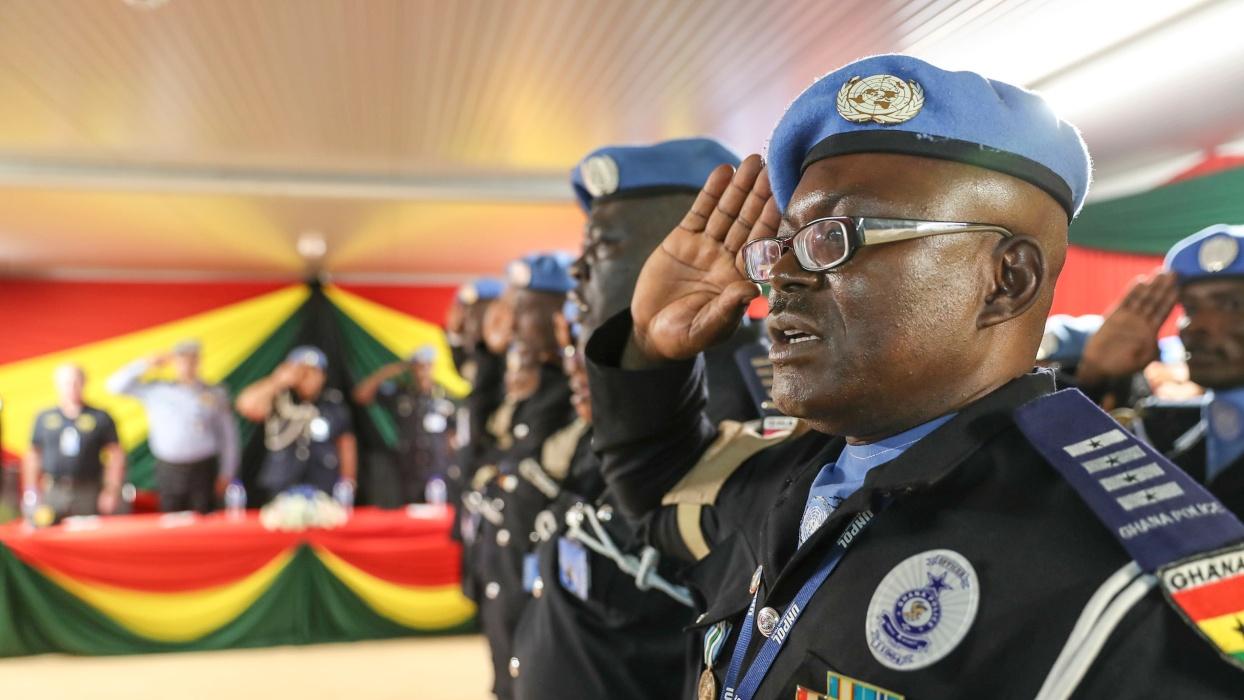Regions in Ghana have no political independence, yet creating new regions is proving difficult because it threatens the political interests of chiefs and parties, writes Dennis Penu.
In Ghana, the regional governments have no political autonomy. The central government has control over regional political leaders, the economic resources coming from the region, and regional policies. Unlike in other African countries such as Ethiopia and Nigeria, Ghana’s second level of governance is merely administrative, with no political and economic independence. Due to Ghana’s initial experiment with federalism after independence, the constitution states that new regional governments should be created by separating existing regions through a referendum. This constitutional process was implemented for the first time between June 2017 and February 2019.
The regional re-organisation led to the separation of four regions to create six new ones. Considering these regions had no political autonomy to govern, one would have expected a smooth process without serious contentions. Yet the conflicts that occurred were so severe that the government had to deploy military forces to prevent clashes in the final stages.
Conflict and separation
One of the fundamental reasons conflicts occur when dividing territories is that the changes could negatively affect some group’s interest and positively affect another group’s interest. This is why conflicts arise, for example, over demands for autonomy in Ethiopia or secession in South Sudan. In those cases, the new regions or states will gain political and economic independence at the expense of the old state.
Since separating regions in Ghana does not lead to any loss of actual political power or resources for the old regions, the conflicts that occurred are not so easy to understand. The conflicts in Ghana occurred because a different type of political power was being affected. This was mainly that of traditional chiefs competing for influence on either side of the region being separated. The conflicts also occurred because the separation threatened political parties’ electoral interests and fortunes.
Traditional authority and electoral interest of parties
Three main conditions helped create conflicts over the separation of regions in Ghana. First, conflicts occurred in the regions with traditional leaders actively supporting or opposing the separation process on either side of the region being separated. For instance, in the separation of the Northern Region to form the North East region, the opposing forces were the Ya-Na (overlord of the Dagbon traditional territory) on one side and the Na-Yiri (the overlord of the Mamprugu traditional territory on the other). Similar dominant traditional figures were identified in the contentious cases involving the separation of the Volta region and Ashanti region. In the Volta region, these dominant figures were Togbe Afede XIV, the overlord of the Asogli traditional area on one side, and Nana Mpra Besemuna II, the overlord of the Krachi traditional areas. During the previous separation of the Ashanti region in 1959, this contest was between the overlord of the Techiman traditional area and the Asantehene, the overlord of the Asante traditional area.
The second condition that stimulated conflicts was issues based. It concerned influence over the traditional territories making up these regions. In the separation of the Northern region, the Ya-Na resisted the separation because a part of Dagbon territory (Chereponi) was being carved out and placed in an area that would be dominated by the Mamprugus (subjects of the Na-Yiri). The Ya-Na cited historical precedence in the separation of other regions to establish his concern that removing Chereponi would mean losing control over that territory.
Similar concerns were raised by the Asantehene during the separation of the Ashanti region before 1959. At the time, a chief in Brong Ahafo paid allegiance to the traditional leaders in Asante, and his concern was that the separation of some communities to form the new Brong Ahafo region would lead to the loss of that control. In the separation of the Volta region, the concern over the loss of traditional authority was located in the Hohoe Municipality, which was being split into two divided between two regions. There, the concerns were from some traditional leaders of the Guan people in the Akpafu and Lolobi communities who felt that their addition would re-establish the control that the overlord of the Buem traditional area would have over their communities. They were in stiff opposition to this.
The third condition that stimulated conflicts is the potential electoral losses and gains the separation could present to political parties. In Ghana, there is historical and research evidence that shows that when regions or districts are separated, it usually leads to an improvement in the electoral performance of the party in power that supervised the separation. This is because the people in the newly created territories consider that they have been granted their ‘independence’ and therefore are motivated to vote for that ruling party. Due to these considerations, the main opposition political parties with a stronghold in those regions try to stifle the efforts to separate these territories.
In the Volta region of Ghana, the political undertones of the conflict were also worsened by the long-standing secessionist calls that were already brewing in that region. The secessionist campaigners were not recognised political parties but had sympathies from citizens in the Diaspora who felt that their demands for the secession of the whole of the Volta region from Ghana would be dampened by the separation of the region.
Lessons for Africa
Regions in Ghana have no political autonomy to govern themselves. Yet, the separation of these regions is contentious in some cases because those regions have three conditions that jointly make the processes there controversial. First, they are regions that support the opposition party. Second, there are traditional leaders that are competing on either side of the region, and third, the contest is about the loss or gain of traditional authority or influence.
With this, the evidence indicates that unlike in other territorial splits where conflicts occur because actual political power was being chipped away, the conflicts in Ghana were over perceived changes in the influence that traditional leaders and political parties would have in the areas being separated. Even if there is no actual political power being disturbed by the division of territories at the local level, there are always interests that are affected and that risk making these processes conflictual. This finding is relevant for other parts of Africa because central governments usually divide local territories without paying attention to these red flags.
This blog is based on an open access article by the author.
Photo credit: IMF used with permission CC BY-NC-ND 2.0





